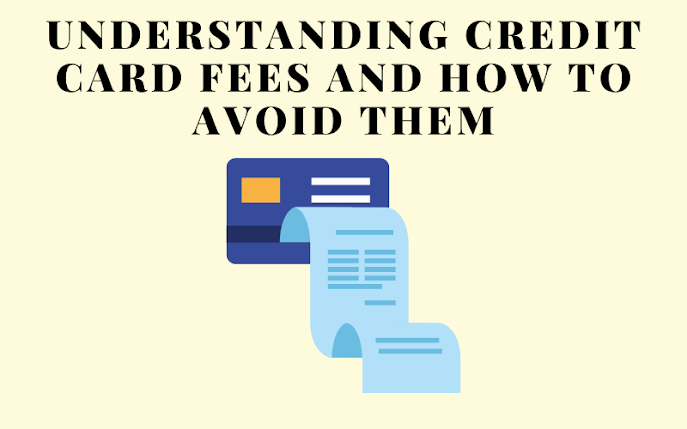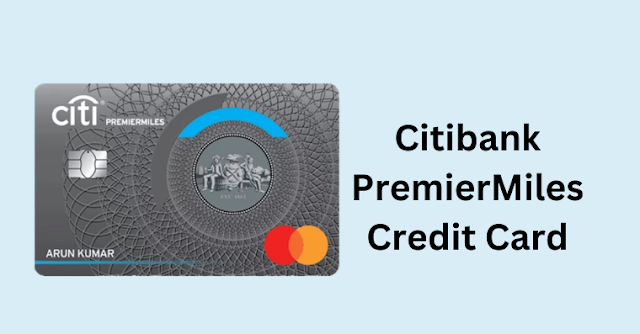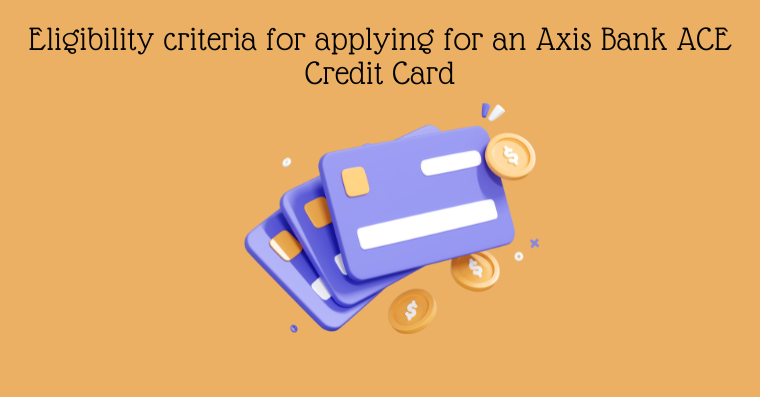How to Avoid the Snowball Effect of Credit Card Debt
Credit card debt can be a significant financial burden for many individuals, and if not managed effectively, it can quickly spiral out of control. The snowball effect of credit card debt occurs when high-interest rates and fees make it increasingly difficult to pay off the debt, leading to larger and larger balances over time. This can create a cycle of debt that is difficult to escape, leading to financial stress and potential long-term consequences. Fortunately, there are several steps that individuals can take to avoid the snowball effect of credit card debt, including budgeting, reducing expenses, and increasing income.
Here are some detailed points on how to avoid the snowball effect of credit card debt:
Create a Budget:
The first step in avoiding the snowball effect of credit card debt is to create a budget. A budget will help you identify your income, expenses, and debts. Once you have a clear understanding of your financial situation, you can develop a plan to pay off your credit card debt. It's important to allocate a portion of your income to paying off the debt each month.
Reduce Expenses:
To free up more money to pay off your credit card debt, consider reducing unnecessary expenses. This could include things like dining out, entertainment, and subscription services. Look for ways to save money, such as buying generic brands or shopping for deals.
Increase Income:
Another way to pay off your credit card debt is to increase your income. This could include taking on a part-time job, freelancing, or starting a side business. Even a small increase in income can make a significant difference in paying off your debt.
Avoid High-Interest Rates:
One of the main causes of the snowball effect of credit card debt is high-interest rates. To avoid this, make sure you pay your credit card bills on time each month. Late fees and interest charges can quickly add up and make it harder to pay off your debt. Consider negotiating with your credit card company to lower your interest rate.
Pay More than the Minimum:
When you make only the minimum payment on your credit card, you are primarily paying off interest and fees rather than the principal balance. To avoid the snowball effect of credit card debt, aim to pay more than the minimum each month. This will help you pay off the debt faster and reduce the overall interest charges.
Prioritize High-Interest Debt:
If you have multiple credit card debts, prioritize paying off the debt with the highest interest rate first. This will help you save money on interest charges and pay off your debt more quickly.
Consider Consolidation:
If you have multiple credit card debts with high-interest rates, consider consolidating them into a single loan with a lower interest rate. This can help you save money on interest charges and make it easier to manage your debt.
Bottom line:
In summary, avoiding the snowball effect of credit card debt requires a proactive approach to managing personal finances. It's important to create a budget, reduce unnecessary expenses, and increase income to help pay off the debt as quickly as possible. Additionally, avoiding high-interest rates and fees by paying on time and negotiating with credit card companies can help prevent the debt from spiraling out of control. By taking these steps, individuals can regain control of their finances and avoid the long-term consequences of credit card debt. Read More on Reasons To Choose A Credit Card For Shopping




Comments
Post a Comment